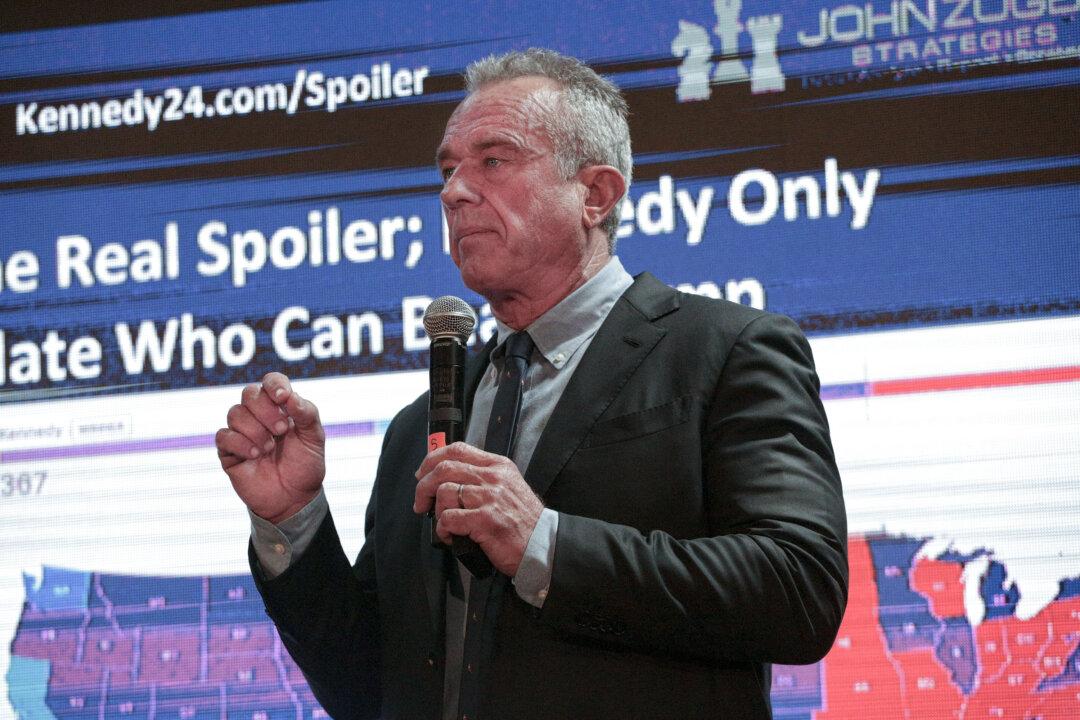The Reform Party, which was founded by Ross Perot, has nominated Robert F. Kennedy Jr. as its presidential candidate in Florida, the organization announced.
“The Reform Party has nominated Robert F. Kennedy Jr. for President of the United States and will hand him our automatic ballot access in the State of Florida as well as our advantages as a qualified party,” a party spokesperson wrote in a May 24 statement.





